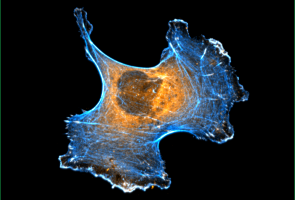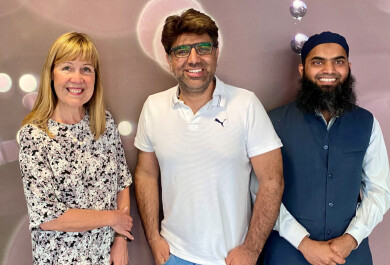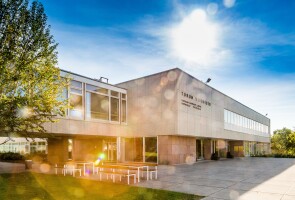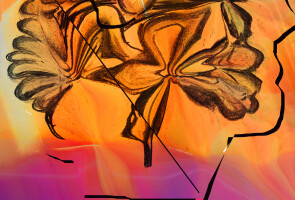Researchers of Turku Bioscience received funding for researching SynGAP1 syndrome
Michael Courtney and Lili Li from Turku Bioscience have received funding from the charities SynGAP Research Fund and Leon and friends e.V. for research into SynGAP1 syndrome.
Co-applicants Michael Courtney and Lili Li of the Neuronal Signalling Lab at Turku Bioscience have been awarded a grant from the SynGAP Research Fund (SRF) and Leon and friends e.V. to study targetable defects of SynGAP1 protein variants. Both SRF US & EU are funding this effort.
– SynGAP syndrome, a non-syndromic intellectual disability caused by de novo mutation of one of the two copies of the SynGAP1 gene, is heavily underdiagnosed. The number of identified cases currently doubles every two years, but still falls well short of the estimated prevalence of 60 per 100000, says Courtney.
Even though there are few known cases, patient advocacy is so well organised that pharma entities already started to develop therapeutic approaches. Nonsense mutations, resulting in reduced levels of functional full-length protein, likely explains most of the diagnosed SynGAP cases, and therapies being developed aim to increase the endogenous protein level.
However, some known cases, and possibly the majority of currently undiagnosed cases, are caused by missense mutations that each alter just one amino acid. The impacts these changes have on the protein, and on the cells expressing the protein, are unknown. Emerging therapies that increase expression would, in these cases, generate more missense protein alongside the wild-type protein.
– The consequences of this are not only unknown but could even be harmful. For this reason, the funded project sets out to establish new methods to better define how missense variants are defective and whether increasing their levels have negative effects. If this is the case, novel therapeutic approaches will be required. The more complete understanding of the functional deficits of SynGAP1 variants that this project aims to achieve is the first step in developing these new therapies, Courtney concludes.
The research project started on 16 May 2022 and will end on 28 February 2024. The project, which also involves the laboratories of Professor Olli Pentikäinen and Dr. Otto Kauko, received a total of 179 715 € in funding.



